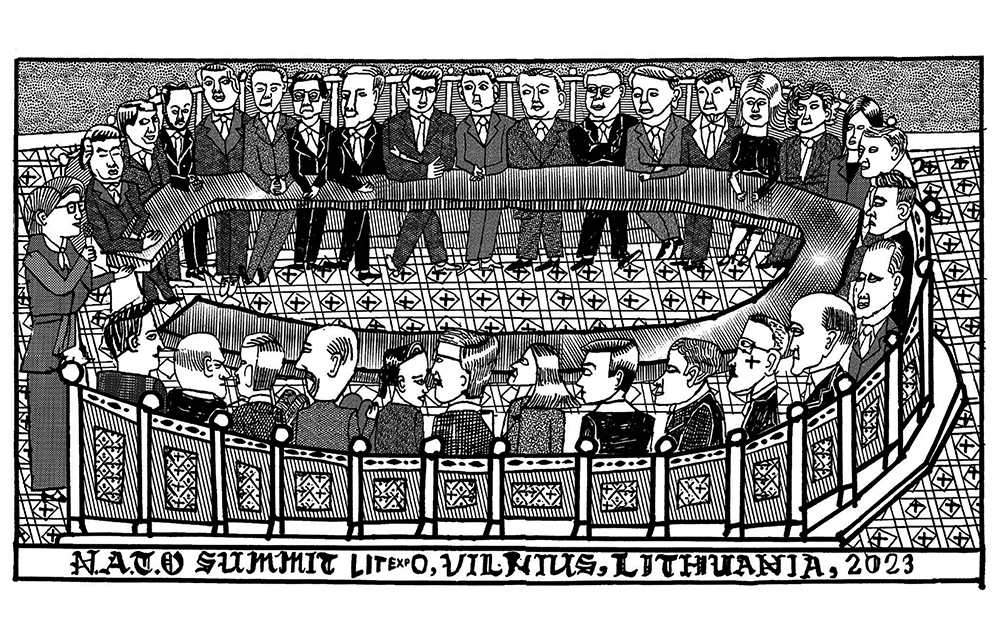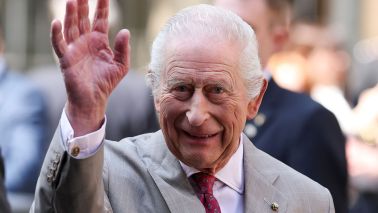Vilnius
In July, Lithuania’s Prime Minister Ingrida Simonyte will welcome Nato leaders to Vilnius for one of the most important summits in the alliance’s history. Top of the agenda will be how to help Ukraine push back Vladimir Putin’s forces. But a more thorny problem will be whether to formally offer membership to Kyiv – a move that would make Ukraine’s front lines Nato’s own.
Simonyte believes that the war could have been avoided if Nato had accepted Ukraine and Georgia’s membership bids back in 2008. Before Putin invaded Ukraine last year, she says, ‘western leaders and western organisations were ready to abandon their positions every time Russia was pressing’. Indeed it was only at the Madrid Nato summit last year that Russia was formally declared ‘a threat rather than just a rival’. The Baltic countries were under no such illusions about Russia’s hostile intent. The Ukraine invasion was being ‘prepared for many, many years’, says Simonyte. For Putin, ‘building prosperity, trying to increase people’s welfare is a little bit tiresome… it’s easier to give people a substitute for progress, for instance the greatness of your nation’. And for Russia, now as historically, greatness is defined not in terms of ‘scientific achievements or economic achievements but by controlling people around you. That was the concept of Russian empire and is still the concept of Russian elite, unfortunately’.
Putin ‘did everything for his neighbours to feel insecure and of course look for security guarantees’
Simonyte strongly rejects suggestions that there was anything the West or Volodymyr Zelensky could have done differently in order to avert war. ‘The usual Putin story is that it was Nato that was moving eastward, pressing Russia from the west. But this is nonsense because there was no real presence whatsoever of Nato [forces in the Baltic] until he grabbed Crimea,’ she says.








Comments
Join the debate for just £1 a month
Be part of the conversation with other Spectator readers by getting your first three months for £3.
UNLOCK ACCESS Just £1 a monthAlready a subscriber? Log in